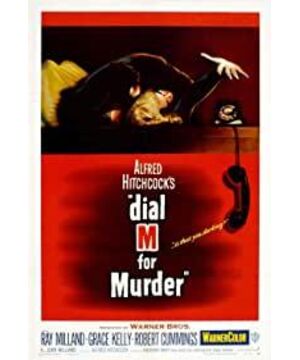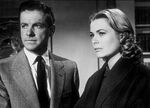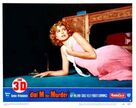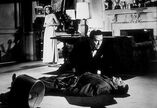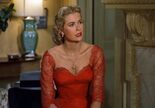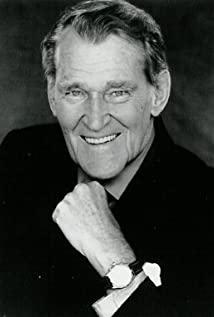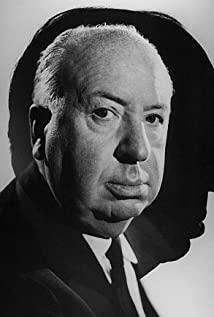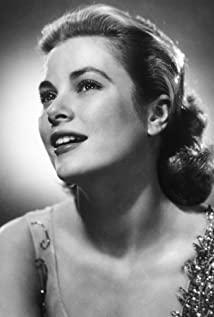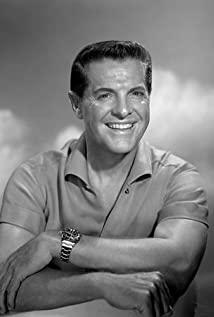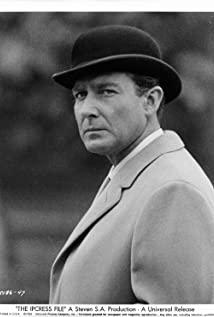The film tells the story of a husband who murdered his unfaithful wife with a perfectly designed bureau, but because of a series of mishaps, he was finally brought to justice. In the beginning, I was sweating for my husband. The murder process was not smooth. First the watch was broken, and then the murderer was killed. He had a lot of lies to tell. Later, it gradually turned to sympathy for the framed wife. Although she was the one who cheated first, she was too weak and obeyed the husband who framed her, making people sympathetic. After this subtle turn, it's not hard to accept how the story ends with the husband - it's shameful that he framed a beautiful blonde.
Watching Hitchcock's films, the biggest feeling is that the heart has been hanging. When the case started, I was as anxious as my husband, the stopped watch, the murderer who was going out, the occupied phone booth, these things were all accidents! Later, when the wife kills the murderer, the husband destroys the evidence in front of you little by little, and relies on his perfect performance to trap his wife to the bench, and even hang her. I prayed that something changed in the middle, and the police caught him. . The third stage of the story, when the lover persuades her husband to lie, but tells the truth in lie, when he happens to find the three hundred pounds in the room, when the detective tells them about her husband's actions from the window, climaxes. It's just one paragraph after another, there are always turning points, there are always expectations, and there is always hanging in the heart to look forward to the development of the next episode in a good direction.
Hitchcock is best at creating an atmosphere of suspense and horror with movie pictures. His horror comes from a precise grasp of the audience's psychology, and the perfect control and transfer of the audience's attention, but the story is not as logical as a detective movie. , In order to achieve the best dramatic effect, some of the rationality of the plot is sometimes sacrificed.
For example, we know that three keys are the key to solving the case, but after careful reasoning, you will find that the wife's key is completely unreasonable. We may not find out by reasoning along Hitchcock's script, but we might as well start from the results and reverse the reasoning.
When the heroine opens the door with the prisoner's key and the door cannot be opened, she has two possibilities. One is that she knows that there is her own key under the blanket and uses it to open the door, and the other is the ending in the story, she does not know the key The key didn't open the door. If she didn't open the door, it would naturally prove that someone else had set it up. Combined with the fact that her husband opened the door in the end, it was certain that she was framed by her husband, but what if she knew that there was a key under the blanket to open the door?
Nothing can be proved because this cannot happen. Since the key was already under the blanket, it couldn't have been placed by the hostess. Since she was at home on the night of the crime, and the suspect was sure that she entered through the door, and the door was intact, it was only possible that the hostess opened the door to let the murderer in. She could open the door, so why did she leave a key outside, and the prisoner was also put in the door? put the keys in your bag? The discovery of the key, and the fact that the key in the wife's bag is the prisoner, directly proves the wife's innocence. So this test is a gimmick used to deceive the audience and the people who wrote the script already know the facts, and it is unnecessary. In the script, the detective used a sentence: "But you didn't." This problem was easily covered up. This sentence made me admire Xi Fatty's screenwriting ability.
But it would be boring if we watch movies so seriously, but for friends who like reasoning, figuring out the logic of the story itself is a kind of joy, haha.
View more about Dial M for Murder reviews


